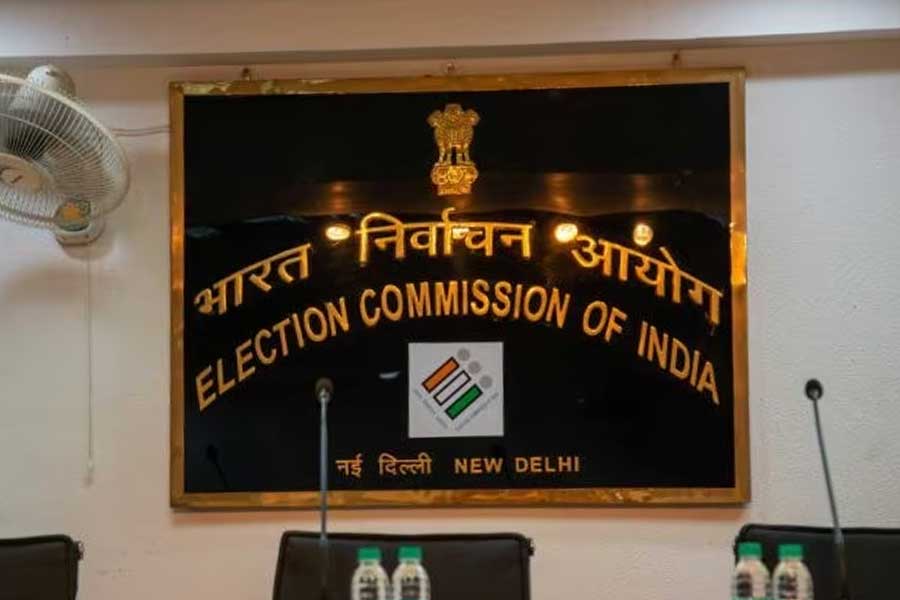‘One Nation, One Election’ remains a contested proposal. The advantages and the demerits of such an endeavour are already on record. Its proponents, for instance, point to ONOE’s cost-cutting potential; opponents, on the other hand, have sniffed in it a ploy by the Centre to deliver a body blow to India’s federal autonomy. Now, in the course of the deliberations on the ONOE Bill in the joint committee of Parliament, as many as four former chief justices of India — J.S. Khehar and D.Y. Chandrachud being the latest examples — have raised red flags pertaining to some legalities, even though the constitutional permissibility of such an exercise has passed legal scrutiny. For instance, Clause 82A(5), which empowers the Election Commission to postpone elections in any state because of the situation not being conducive could, in the esteemed opinion of the former CJIs, be vulnerable to legal challenge.
The point of overconcentration of power in the EC raised by the learned justices must be taken note of by the JPC. This is because the smooth conduct of elections is contingent upon a non-prejudicial EC. In fact, there is a case to push this discussion in a slightly different, but relevant, direction. A powerful EC that functions within legal and constitutional remit — the EC under T.N. Seshan is a case in point — is ideal for Indian democracy. The chicaneries indulged in by political parties — all political parties — make it necessary for the EC to be potent in nature. But this autonomy should be complemented by unbiasedness. In recent times, the EC’s credentials seem to have suffered in this aspect. In Bihar, its ill-timed and heavy-handed approach to the special intensive revision of electoral rolls, which raised the prospect of disenfranchisement of marginalised voters, merited judicial intervention. The Opposition has also alleged that the EC’s response to its charges of infirmities in the electoral process during the assembly elections in Maharashtra bordered on complicity with the ruling regime. These developments have the potential of tarnishing the image of India’s apex poll body which, in turn, can create a dangerous vacuum in the trust quotient between this crucial institution and the electorate. For this trust to remain unaffected, the EC must be both robust and impartial, but never overbearing and in pursuit of an agenda.

